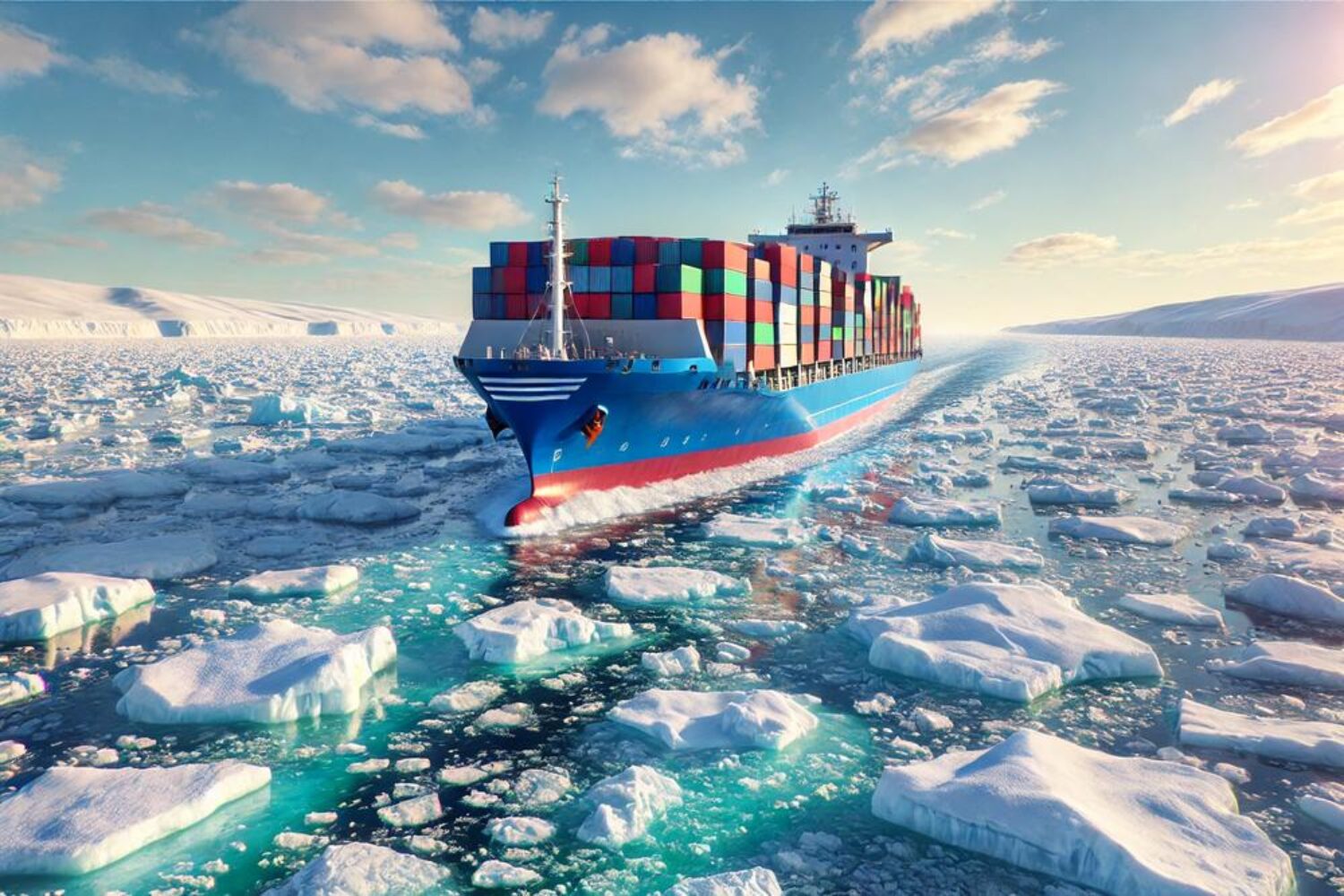The South Korean Ministry of Oceans and Fisheries has earmarked around USD 420 million in its 2026 budget for projects related to the development of the Northern Sea Route. As the ministry announced after a cabinet meeting, this includes $18.5 million for the training of specialists and $51.7 million for the development of ice-class research vessels.
The funds are part of President Lee Jae-myung’s five-year plan, which aims to develop South Korea into a maritime power. Vice Minister Kim Sung-beom explained that the aim is to operate the first ice-class ship under the South Korean flag by January 2030. Shipping companies can therefore expect state subsidies for the construction of corresponding tonnage. The government is also open to international cooperation projects in the Arctic. The 4th UN Maritime Assembly will take place in South Korea in 2028.
The government expects that the Northern Sea Route, as a potentially shorter route between East Asia and Northern Europe, will contribute to falling transportation costs and provide impetus for related industries such as shipbuilding, ship financing and commodity trading.
Busan in particular, the country’s largest container port, could benefit from the development – as a starting point for an East Asia-North Europe connection or as a regional hub. Jeon Jae-so, the Busan-born Minister of Oceans and Fisheries, describes himself as the “evangelist of the Northern Sea Route”.
As part of the maritime realignment, President Lee is also pushing to strengthen Busan as South Korea’s shipping center. The ministry is to be relocated from Seoul to the port city this year. The state-controlled shipping company HMM is also under pressure to relocate its headquarters there.
Minister Jeon announced that the government must “take the lead in opening up unexplored territories”. He will personally oversee the necessary preparations. At the same time, an advisory committee on the Northern Sea Route was set up to bring together experts from various fields. In the long term, the aim is to create a specialized organization with interministerial participation.













